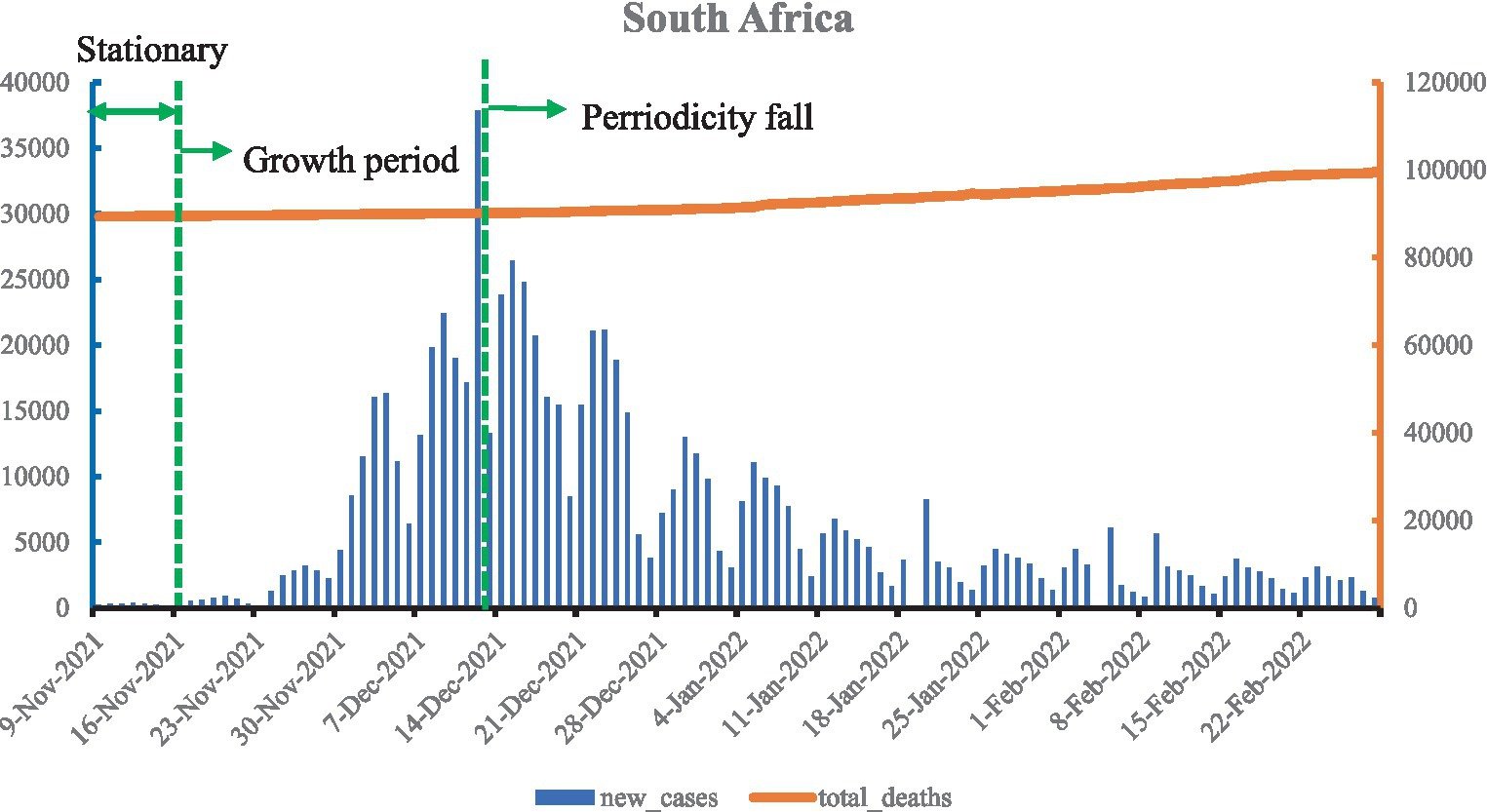Kennedy Jr. Blames Toxins for Autism Rise

Washington, D.C. – Newly appointed Secretary of the U.S. Department of Health and Human Services (HHS), Robert F. Kennedy Jr., declared a “preventable” autism epidemic driven by environmental toxins during his first press conference. This assertion directly contradicts prevailing scientific understanding and has drawn sharp criticism from autism advocacy groups.
Kennedy characterized those who attribute the rising autism prevalence to improved diagnosis and screening as “epidemic deniers,” dismissing this widely accepted explanation as an “industry canard.” He insisted that the continued increase in autism rates demands immediate action, likening the situation to a measles outbreak. He called for “real-time data” on autism prevalence and announced plans for new studies within weeks to pinpoint the responsible environmental toxins. These studies will fall under a new chronic disease division within the Administration for Healthy America.
Supporting Kennedy's claim, Dr. Walter Zahorodny, a co-author of a recent Centers for Disease Control and Prevention (CDC) report on rising autism rates, agreed that the increase constitutes an “urgent public health crisis” that cannot be fully explained by improved awareness alone. Dr. Zahorodny emphasized the need for further investigation into potential environmental and risk factors.
The CDC report, released this week, indeed shows a continued rise in autism diagnoses, with approximately 1 in 31 children diagnosed by age 8 in 2022, up from 1 in 36 in 2020. The report’s authors acknowledge improved early identification, particularly among previously underserved groups, as a contributing factor to the increased prevalence. Data was collected from 16 sites, representing an expansion from the 11 sites included in the 2020 report, and is not nationally representative.
Kennedy, however, dismissed genetic factors as a “dead end,” instead focusing on potential culprits including mold, pesticides, medications, and ultrasounds. He stated, “Genes do not cause epidemics. It can provide a vulnerability. You need an environmental toxin.”
This position has been strongly rebuked by organizations like the Autism Society of America. CEO Christopher Banks called Kennedy's claims "harmful, misleading, and unrealistic," emphasizing that autism is a lifelong developmental condition, not a chronic disease or epidemic. Banks stressed the importance of robust, evidence-based research and cautioned against perpetuating stigma and stereotypes. The ongoing debate highlights the complex nature of autism and the need for continued, comprehensive research to fully understand its causes and improve support for individuals and families affected.









